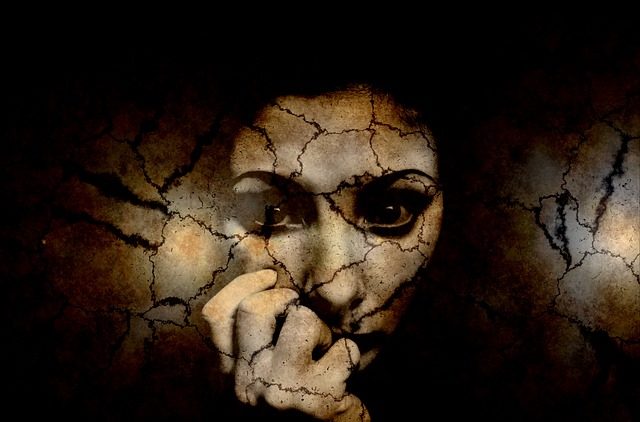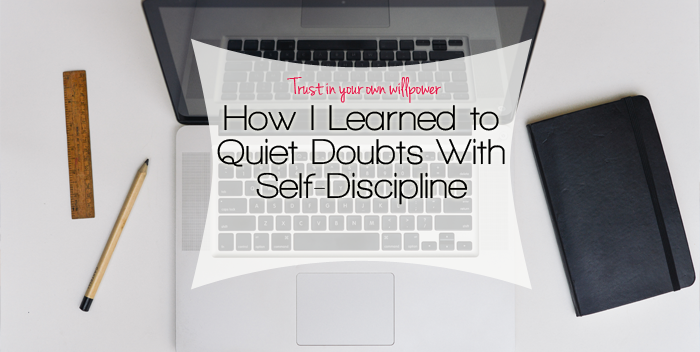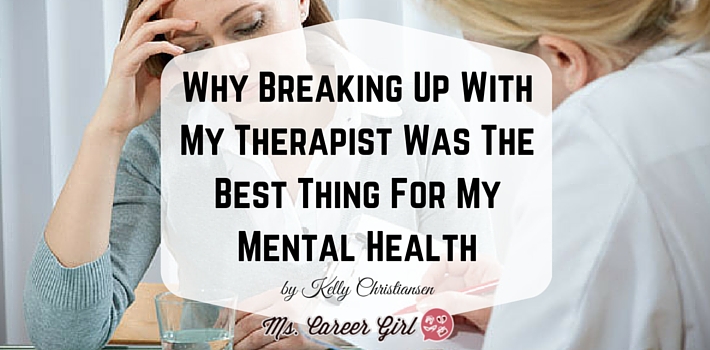Faking “Fine”: Why I’ve Hidden My Mental Illness in the Workplace (For Now)

Most people I work with know I suffered a tear to my right anterior cruciate ligament (ACL) in July 2020 and had reconstruction surgery. I welcomed questions about my recovery process from curious coworkers and openly admitted when my physical condition inhibited my ability to perform certain tasks.
What they don’t know, and what I still can’t bear to tell them, is that I’ve suffered from mental illness since childhood and have spent the last ten years medicated and many of those years in therapy. I have bipolar disorder, depression, and anxiety disorder, and I’ve never admitted it publicly…until I wrote a book about it.
Having mental illness while “faking fine” in the workplace is a lonely endeavor. I’d say there’s no shame in admitting to having mental illness, yet I’ve hidden it from most people I know personally and professionally. I even prop up my ability to handle mental health issues and a normal life in my book: “I’m a high-functioning crazy.”
Am I a mental health hypocrite who’s keeping a secret? Am I being paranoid about a problem that doesn’t exist?
The thing is the problem does exist. The American work culture is not very friendly to anyone’s mental health, regardless of a diagnosed condition or not. “Busy” seems to be the only acceptable answer to “How’s it going?” We’re praised for our hard work, but the second we waver, our competence comes into question. Being less than perfect is blood in the water.
I’ve heard jokes about Xanax, Prozac, and psych wards for years, and I’ve bitten my tongue while I cringed inside. The one time I expressed to a manager I was feeling overwhelmed with a workload that seemed unreasonable, he coldly responded that I said I could handle “work like this” when I interviewed and should be living up to my promise. I have long since changed managers, but after that dismissal of my feelings, I’ve been very hesitant to admit when I’m stressed or overwhelmed.

I can’t say I’m an entirely helpless victim of the system, though. I’ve always been driven by a need for financial stability and security, and that has overruled the times my mental illness was roaring out of control or at least causing me to have a string of bad days.
At its deepest core, I’m afraid coming clean about my mental health will affect my livelihood. How would I pay my bills if I were in a mental hospital or not working for an extended period of time? The threat of financial instability revs up my anxiety even more. I’ve been burned by people in my personal life over my mental health. Forgive me if I’m hesitant to risk the same fate in my professional life.
But wait, aren’t I a tough, black belt superwoman? Why, you may wonder, do I “still” have mental health issues?
For the most part, I really am fine, but mental health isn’t black and white. Since I began taekwondo training in 2013, my ability to cope and manage my thoughts and emotions has improved tremendously, but I’m not impervious to anxiety and depression. Finding a good source of grounding hasn’t magically cured me. I do occasionally need those “mental health days” people talk about in passing but never make good on.
My manager and coworkers have proven to be very compassionate and might even feel hurt that I’ve withheld my suffering from them, but I still can’t seem to trust them with this delicate information about me.
If I say I want to quit or take an extended break because of my mental health, what would be the response?
If I say I don’t want to do something because it triggers my anxiety, what would be the response?
No, really, what would be the response?
I’ve cultivated such a professional persona over the years, such a thick false mask of accomplishment, that I may be trapped by my own façade. People might be surprised about my mental health problems and wouldn’t know how to interact with me. Some wouldn’t be surprised, and that’s what unnerves me.

Here’s what it comes down to: I don’t want people to assume what I can or can’t do in relation to my mental illness.
I don’t want people to assume a certain reaction or response is due to my mental illness. I want people to be respectful and stop making jokes about mental health, and I also don’t want them to walk on eggshells out of fear I’ll blow up at them….you know, since I’m bipolar and all.
I want people to see me, not my anxiety, depression, or mania.
It’s been so easy and effortless to balance my long, arduous knee surgery recovery with my workload because of the safety I feel to be honest about what I need.
Is it possible I’d receive the same empathy if I were honest about my mental health?
Maybe I’ll get an answer when they find out I wrote a book about it.
This guest post was authored by Melanie Gibson

Melanie has worked in the healthcare industry since 2004, with roles as a hospital librarian, corporate trainer, and learning designer. She is also the author of the new memoir, Kicking and Screaming: A Memoir of Madness and Martial Arts (pub date: 4/20/21). In the book, she shares the story of her life-changing journey from troubled, lost soul to confident taekwondo black belt.




